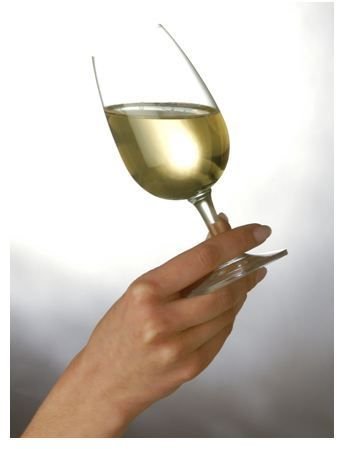Alcohol Use Associated with Anxiety Disorders - Exploring the Link Between Alcohol Use and Anxiety Disorders
Using Alcohol to Control the Symptoms of Anxiety
Excessive alcohol use associated with anxiety disorders is unfortunately an all too common scenario. While many people enjoy unwinding with an alcoholic beverage at the end of a long and stressful day, this seemingly innocent habit can turn into a vicious cycle for those with anxiety disorders. Studies show that the use of alcohol may increase the symptoms of anxiety and even trigger panic attacks.
Anxiety sufferers may be tempted to use alcohol to alleviate the symptoms of anxiety, unaware that the alcohol use is worsening the anxiety symptoms. The subsequent increase in anxiety symptoms may lead to an increase in alcohol use, thus creating a cycle of harmful self-medicating that only exacerbates the original issues brought on by the anxiety disorder.
Alcohol Use and Anxiety Disorders
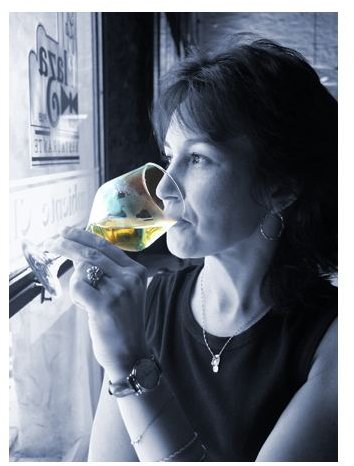
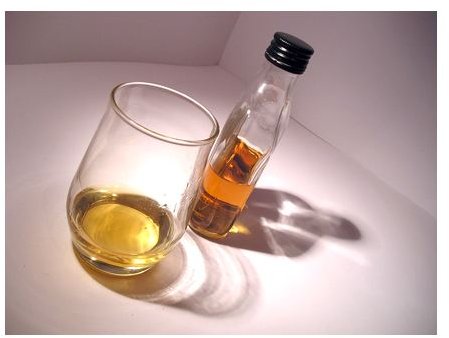
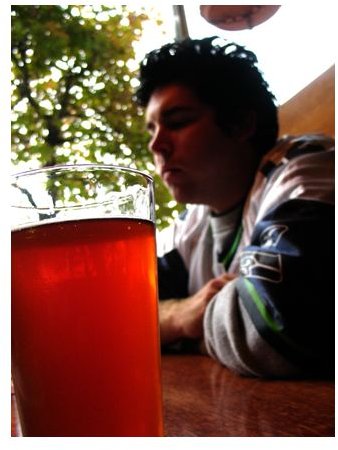
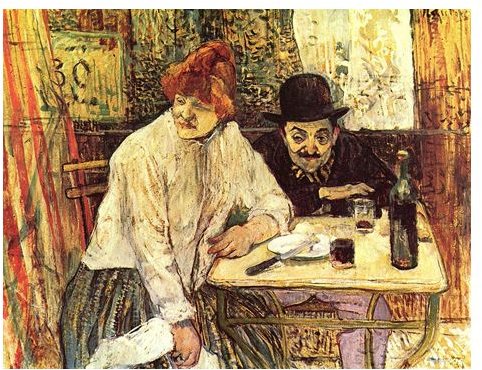
Case Studies of Alcohol Use Associated with Anxiety Disorders
In an article published in the November 2006 issue of The Journal of Nervous and Mental Disease, it was reported that approximately 21.9% of those with an anxiety disorder self-medicate with alcohol or drugs. This data was gathered from the results of a study that was conducted over a 2-year period that included information given by 1,477 participants who suffered from anxiety disorders. The study, conducted by Dr. James Bolton, went on to state that from those 1,477 participants, those with generalized anxiety disorder, or GAD, had the highest rate of self-medication. The study also concluded that a higher percentage of men were likely to self-medicate with alcohol, though women weren’t far behind. The official breakdown was 55.4% of men vs. 44.6% of women.
In a case study conducted by the National Epidemiologic Survey on Alcohol and Related Conditions, the correlation between alcohol use and the quality of mental life was examined. It was concluded that alcohol use associated with anxiety disorders was a common form of self-medication. The study explored the pattern of mental health services used by anxiety sufferers who regularly self-medicated with alcohol. The study included 4,880 people who were classified as exhibiting signs of anxiety disorders. The conclusion was that those who self-medicated had a significantly higher rate of mental health services use in comparison with those with anxiety disorders who did not self-medicate. Those anxiety sufferers who did self-medicate also exhibited signs of experiencing a lower mental health-related quality of life.
Social Anxiety Disorder and Alcohol Use
Those who suffer from an excessive fear of social situations - an anxiety disorder known as social anxiety disorder - comprise a high percentage of those who self-medicate with alcohol. It is estimated that as much as 13% of the U.S. population suffers from social anxiety disorder. It is also estimated that approximately 20% of those with social anxiety disorder abuse alcohol. The explanation for this phenomenon can be linked to the tension reduction theory that is prevalent in many psychiatric studies. This theory states that those with social anxiety disorder use alcohol to alleviate anxiety when placed in social situations.
Conclusion
Alcohol use associated with anxiety disorders is a fairly common phenomenon. Excessive alcohol use can exacerbate the symptoms of anxiety and even trigger panic attacks. If left untreated, the habit of self-medication through the use of alcohol can turn destructive, leading to alcoholism and the worsening of anxiety disorder symptoms.
Sources
https://www.healthcentral.com/anxiety/c/22705/43308/alcohol-anxiety
https://anxiety.emedtv.com/anxiety-disorder/alcohol-abuse-and-anxiety-disorders.html
https://www.psychtreatment.com/alcohol_related_anxiety_disorders.htm
https://www.psychiatrictimes.com/display/article/10168/46651
https://www.ncbi.nlm.nih.gov/pubmed/20010021
https://pubs.niaaa.nih.gov/publications/arh26-2/130-135.htm
Photo credit: https://www.morguefile.com/archive/display/189780
Photo credit: https://www.morguefile.com/archive/display/96739
Photo credit:https://www.morguefile.com/archive/display/224490
Photo credit: https://www.morguefile.com/archive/display/183921
Photo credit: https://commons.wikimedia.org/wiki/File:Henri_de_Toulouse-Lautrec_001.jpg
